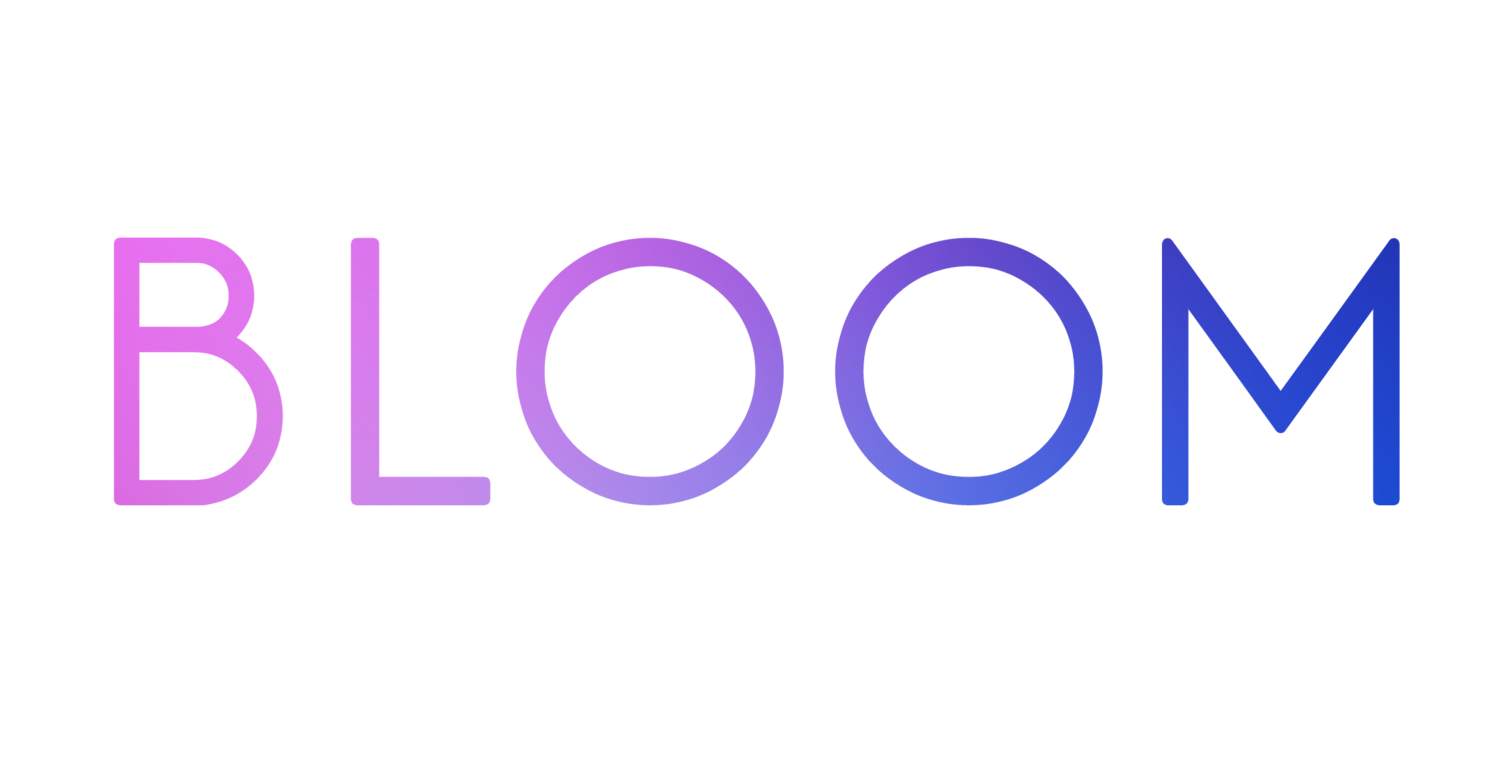Does your diversity policy have depth?
By Cherrelle Redley Murrain.
Inclusive, Diversity, Representation. Whatever you call it, does it truly make my life better or easier? You talk about diversity and create campaigns and slogans to demonstrate that you are ‘WOKE’.
I have some questions for you:
What conversations have occurred in order for you to create these initiatives?
Did you understand the significance of why representation and diversity are important?
Is the person leading the diversity policy, campaign, strategy, etc truly the best person for the job?
Would they benefit from the policy?
Have they consulted with internal and external people and organisations that have lived experiences of challenges they’ve been through to get there?
If not, then what is your diversity policy really about?
When the going gets tough and your employees need you to show up, are you willing to be brave and lead by example? Does your policy equip you and all your colleagues to be better and do better?
On many occasions I have worked at companies and been the only person of colour, that in itself can be challenging. When you’re in junior roles it’s accepted, supported and appreciated, because you appear less threatening. But it is almost limiting, because there’s no hand extended to help you move forward despite you being excellent at your job.
But when those roles are more senior it can be very isolating and exhausting. The battles I have to go through to be heard, to explain my behaviour or mannerism. Having to continually justify your experience and knowledge. It’s tedious, it’s a waste of everyone’s time and most importantly, it is demoralising and mentally damaging. Why is it necessary for me to prove myself once I am in the job? Why give me the job if you felt I wasn’t good enough? Does your diversity policy protect from such experiences; does it create safe spaces for these experiences to be talked about and addressed?
Real life scenario:
Company ethos: We are about people regardless of what they look like, or how they identify.
Brief: Find great Instagram talent for us to collaborate with. (No other details given)
Me: A Gen Z influencer who does beauty and hair and has a strong following (over 50k). They have lots of content on her feed to do with beauty and hair. (She is black with beautiful, bountiful curly hair).
Exec: That’s rather niche in terms of audience and subject matter.
Me: She does skincare and beauty and has a substantial following. Her community is engaged.
Exec: It’s too niche!
After that niche comment I felt defeated. Does that mean I’m niche? On the occasions when not just me, but other colleagues, have pitched people of colour and they’ve been passed over - is that because that Exec felt they were niche too?
Does your diversity policy enable education on how to talk and see things differently? Does your diversity policy have depth? Does your diversity policy factor in all these experiences? Does your diversity policy educate your workforce as well as welcome new members? Is your company serious about ensuring that the younger generation coming through acknowledge and understand your company has diversity at its core?
Just remember: it is not about diversity it is about honest representation, warts and all.
If you take a stand and demonstrate to the world that representation is part of your fabric and that can be seen in your ethos, practice and workforce. You by default become the rule not the exception.
So, what is diversity in your workplace? Is it representative of the world?
You might be okay but I know you can be better.
Cherrelle Redley Murrain is a Senior Producer at Freeda Media.
